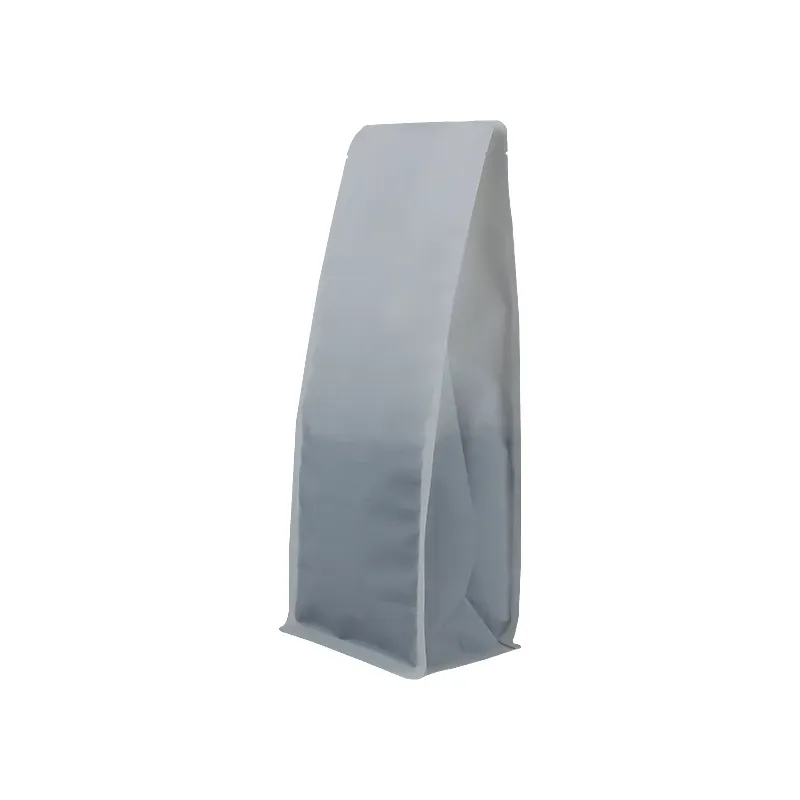- Afrikaans
- Albanian
- Amharic
- Arabic
- Armenian
- Azerbaijani
- Basque
- Belarusian
- Bengali
- Bosnian
- Bulgarian
- Catalan
- Cebuano
- chinese_simplified
- chinese_traditional
- Corsican
- Croatian
- Czech
- Danish
- Dutch
- English
- Esperanto
- Estonian
- Finnish
- French
- Frisian
- Galician
- Georgian
- German
- Greek
- Gujarati
- haitian_creole
- hausa
- hawaiian
- Hebrew
- Hindi
- Miao
- Hungarian
- Icelandic
- igbo
- Indonesian
- irish
- Italian
- Japanese
- Javanese
- Kannada
- kazakh
- Khmer
- Rwandese
- Korean
- Kurdish
- Kyrgyz
- Lao
- Latin
- Latvian
- Lithuanian
- Luxembourgish
- Macedonian
- Malgashi
- Malay
- Malayalam
- Maltese
- Maori
- Marathi
- Mongolian
- Myanmar
- Nepali
- Norwegian
- Norwegian
- Occitan
- Pashto
- Persian
- Polish
- Portuguese
- Punjabi
- Romanian
- Russian
- Samoan
- scottish-gaelic
- Serbian
- Sesotho
- Shona
- Sindhi
- Sinhala
- Slovak
- Slovenian
- Somali
- Spanish
- Sundanese
- Swahili
- Swedish
- Tagalog
- Tajik
- Tamil
- Tatar
- Telugu
- Thai
- Turkish
- Turkmen
- Ukrainian
- Urdu
- Uighur
- Uzbek
- Vietnamese
- Welsh
- Bantu
- Yiddish
- Yoruba
- Zulu
Innovative Eco-Friendly Packaging Options for Sustainable Food Solutions
Sustainable Food Packaging Solutions The Future of Eco-Friendly Choices
In an era marked by growing environmental concerns, sustainable food packaging has emerged as a vital solution to address the crisis of plastic pollution and resource depletion. The packaging industry, particularly in the food sector, is one of the largest contributors to waste. With billions of food packages thrown away each year, the urgency to transition towards sustainable alternatives has never been more critical.
Sustainable food packaging solutions encompass a wide range of materials, processes, and practices aimed at reducing environmental impacts. These solutions not only focus on the reduction of plastic use but also on the entire lifecycle of packaging—from raw materials sourcing to end-of-life disposal. By implementing sustainable methods, food businesses can significantly lower their carbon footprints while appealing to a growing demographic of environmentally conscious consumers.
One notable alternative to conventional plastic packaging is biodegradable materials. Bioplastics, made from renewable sources such as corn starch, sugarcane, or potato starch, can decompose naturally over time. These materials minimize the accumulation of waste in landfills and oceans, presenting a viable solution for single-use items. Companies like tna, which specializes in food packaging technology, are increasingly incorporating biodegradable films into their product lines, demonstrating a commitment to eco-friendly practices.
In addition to bio-based materials, reusable packaging systems are gaining traction. These systems encourage consumers to return their packaging for cleaning and reuse, effectively reducing the need for single-use items. Businesses like Loop offer a subscription service for everyday products in durable containers, promoting a circular economy approach. By designing products that can be used multiple times, companies not only reduce waste but also cultivate loyalty from eco-minded consumers.
Another approach involves the use of innovative packaging technologies that extend shelf life. Active and intelligent packaging, which incorporates sensors, films, or additives to monitor and improve the condition of food products, can reduce food wastage, a significant contributor to environmental damage. By keeping food fresher for longer, such technologies decrease the frequency of packaging waste generated from expired goods.
sustainable food packaging solutions

Moreover, companies are beginning to invest in sustainable sourcing practices. This includes opting for materials that are sourced from responsible suppliers, ensuring that their packaging has a diminished impact on natural resources. Recycled content packaging is another effective method for enhancing sustainability. Using materials that have been recycled reduces the need for virgin materials, conserving energy and reducing greenhouse gas emissions. For instance, Coca-Cola has committed to using 50% recycled content in its PET plastic bottles by 2030, setting a benchmark for environmentally friendly practices in the beverage industry.
Furthermore, regulatory frameworks are evolving across the globe to prioritize sustainable packaging. Governments in various countries are implementing policies that encourage reduced plastic use and promote recycling initiatives. These regulations drive innovation and push companies to adopt greener alternatives, further aligning industry practices with environmental goals.
Consumer awareness is also on the rise. More people are seeking out brands that demonstrate a commitment to sustainability, leading to a market shift. Businesses that prioritize sustainable packaging can differentiate themselves in a competitive landscape, attracting consumers who are willing to support brands that are aligned with their values.
However, the transition to sustainable food packaging solutions is not without challenges. The cost of developing and implementing these new materials and systems can be high. Moreover, there is still an ongoing need for research into the performance, scalability, and consumer acceptance of innovative packaging alternatives.
In conclusion, sustainable food packaging solutions represent a crucial step towards a more environmentally friendly food industry. By embracing biodegradable materials, reusable systems, innovative technologies, responsible sourcing, and regulatory support, the packaging sector can move towards a more sustainable future. As companies increasingly recognize the importance of sustainability, the choices they make today will define the impact they have on our planet tomorrow. Adopting these solutions is not just beneficial for the environment but can also drive business success in an evolving market centered around sustainability. The future of food packaging is green, and it starts with the choices we make today.













